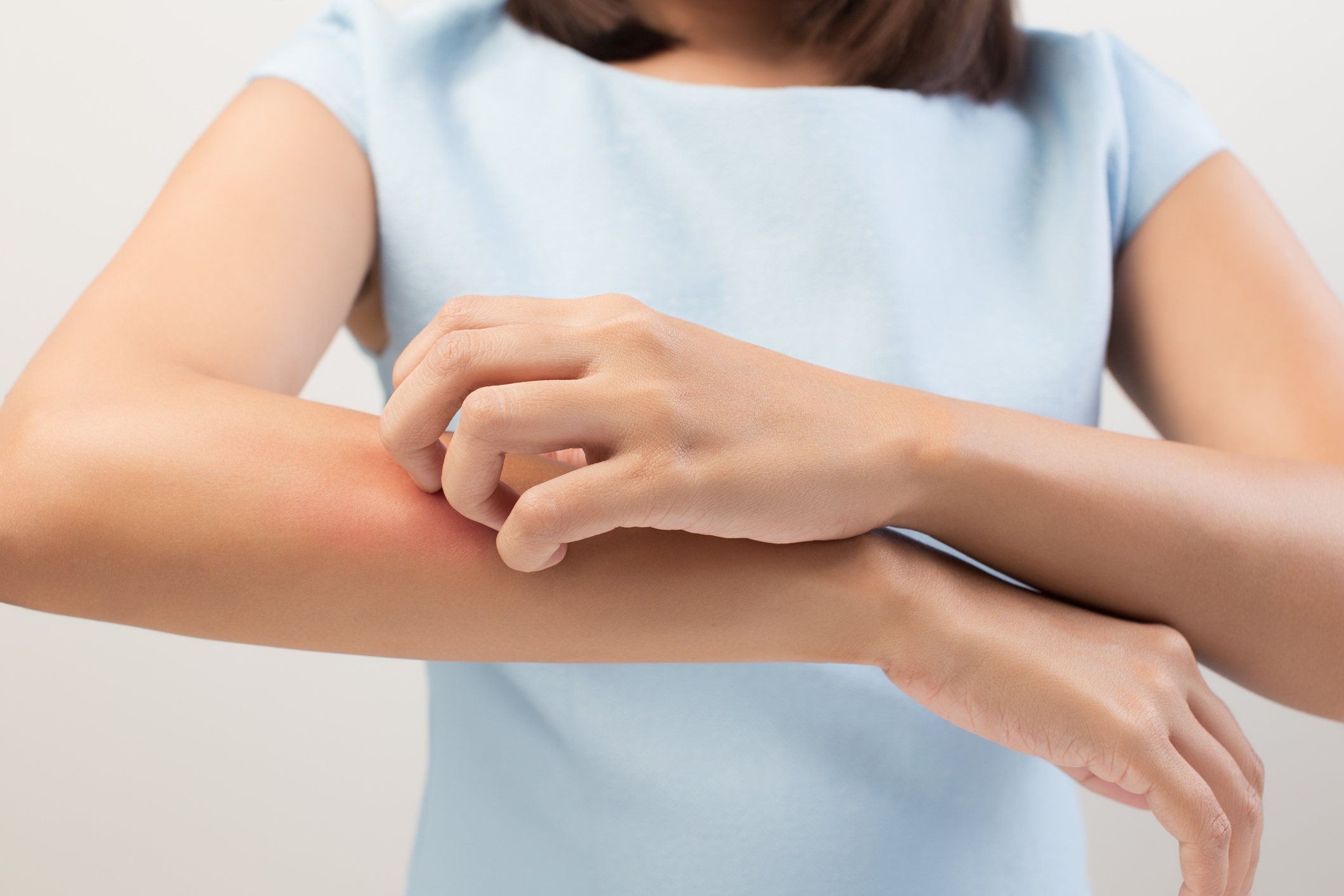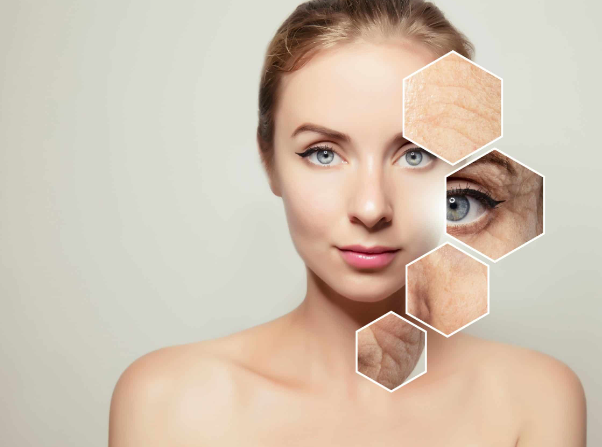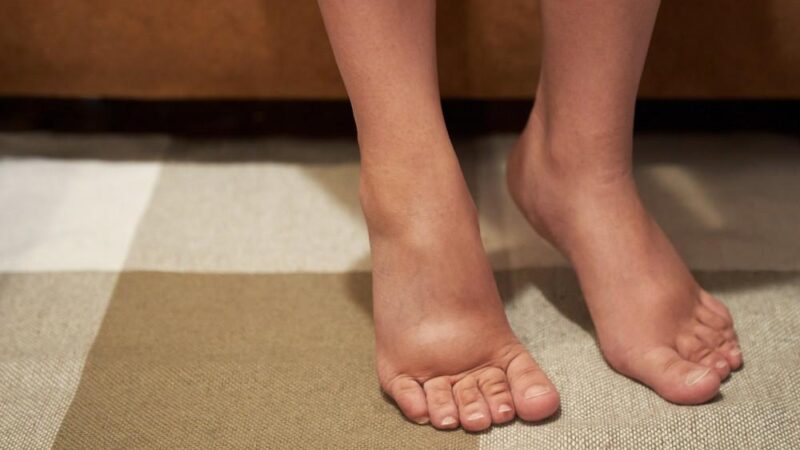What You Need to Know About Allergies

Allergies are specific immune responses to otherwise harmless substances. When an allergen enters the body, our immune systems react, causing inflammation. Allergic reactions can affect the skin, nose, throat, lungs, gastrointestinal tract, blood vessels, and more. The resulting symptoms can vary widely depending on the type of allergic reaction. There are various types of allergies – Sheepshead Bay, such as food allergies, respiratory allergies, drug allergies, latex allergies, and environmental allergies. Although there is no cure for allergies, treatment and management are available for each individual’s needs.
How do allergies occur?
To understand allergies, you must first understand the immune system. The human body always tries to protect itself from foreign invaders like bacteria and viruses by producing antibodies to fight them off.
These antibodies are produced in white blood cells called B-cells and released in our body fluids. Normally, these B-cells search out viruses or bacteria and destroy them with other cells called T-cells. In people with allergies, the B-cells react to harmless substances in the environment, like pollen or pet dander, instead of harmful substances like bacteria.
When these B-cells act against these harmless substances, they release chemicals known as histamines into the body. These histamines cause allergic symptoms like a runny nose or itchy eyes.
In addition to these histamines, B-cells release other chemicals into the body that cause inflammation. This inflammation then produces additional symptoms that range from asthma when it affects the lungs to eczema when it affects the skin.
What are the symptoms of allergies?
- Sneezing and runny nose
- Itchy watery eyes
- Swollen throat or mouth
- Skin reaction (hives, redness)
How are allergies tested?
Skin test: A doctor or other medical professional may ask you to come in for a skin test. This is a quick procedure where the doctor or nurse will scratch your arm and dab over the area with a small number of common allergens. If you have an allergy, your immune system will react by producing an itchy red bump. The size of this bump may vary, but it will be present in most people with allergies. Skin tests can diagnose any type of allergy, so they can be used to confirm or rule out allergies to anything from pet dander to dust mites.
Blood test: A blood test is the most common way to diagnose an allergy. In this test, the doctor draws a small blood sample and exposes it to the substance suspected to cause an allergic reaction. If the patient has developed antibodies in response to exposure, the blood sample will have a stronger positive reaction than a negative one.
How to treat allergies
If you or your children are experiencing allergy symptoms, visit your doctor immediately. Your doctor will confirm if you have allergies by performing skin tests or having you do a blood test. If they suspect that your symptoms are caused by allergies, they may perform further testing to determine exactly what substances trigger your reactions and how severe they are. The best way to deal with allergies is to avoid the triggers. If you are struggling with allergies, contact New York Specialty Clinics experts today.







